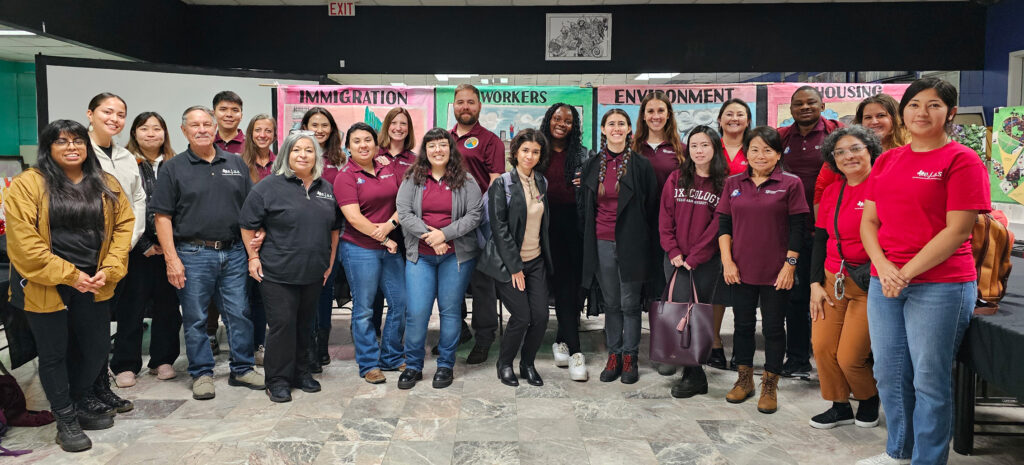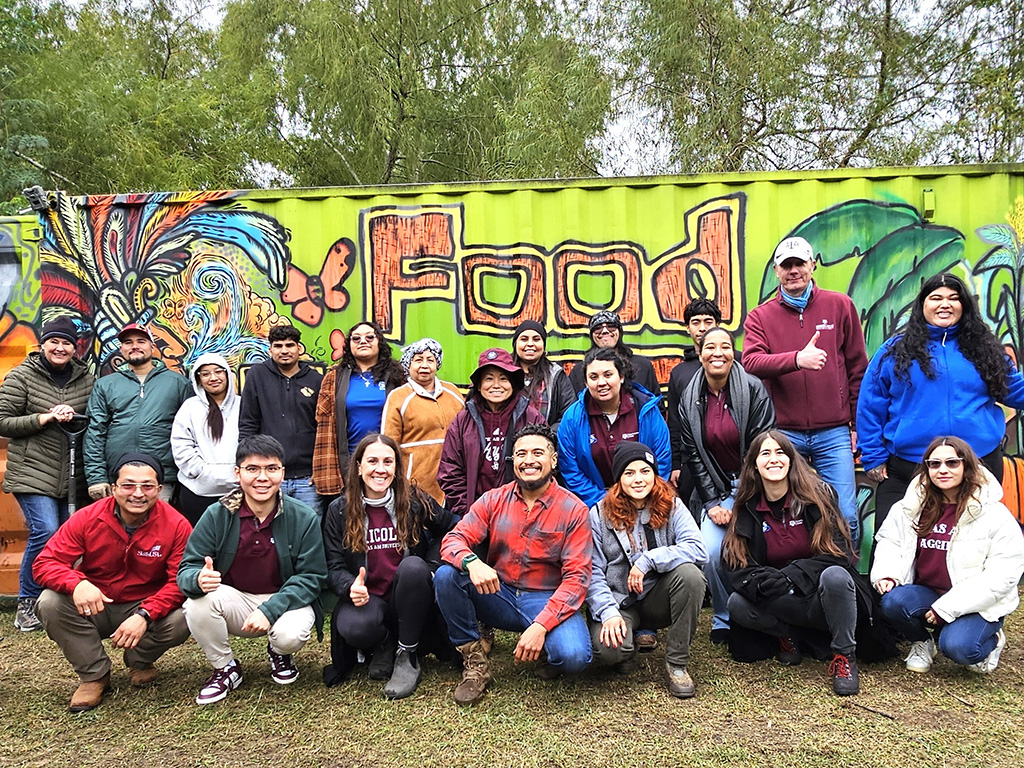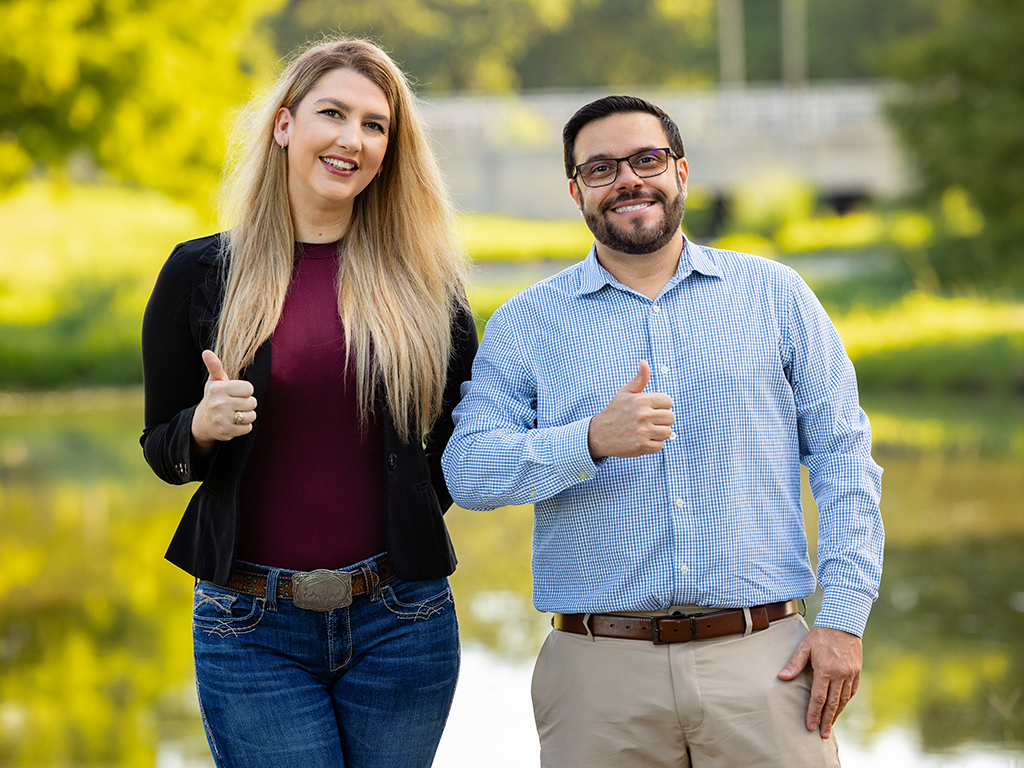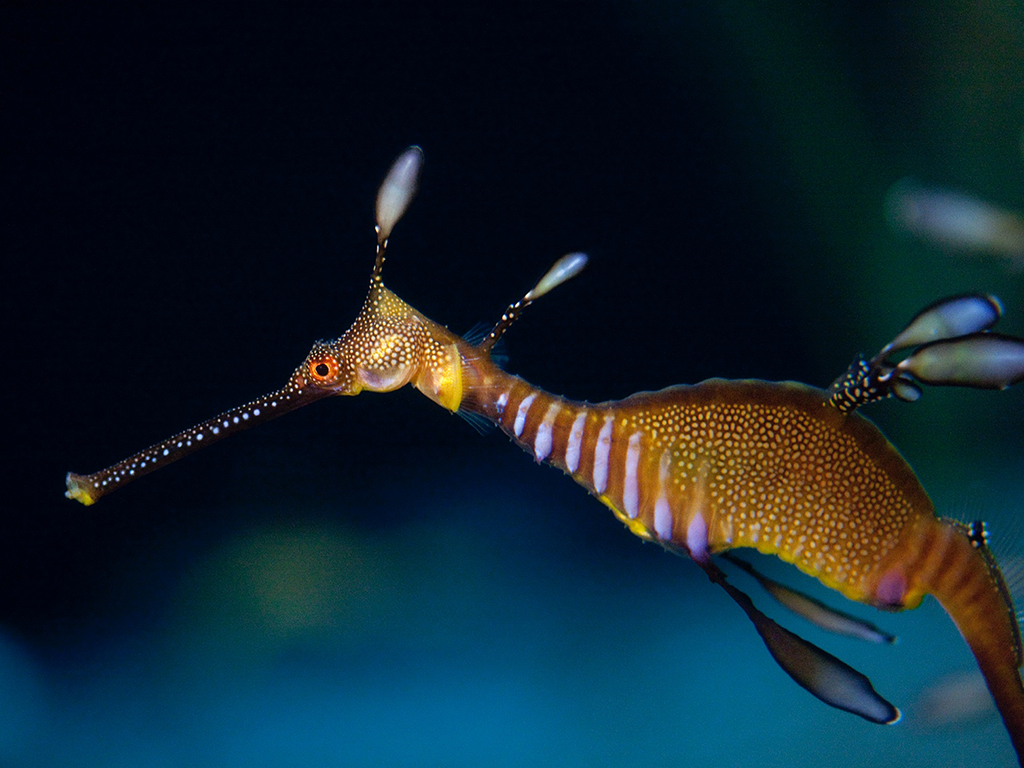Texas A&M Superfund Research Center Trains Graduate Students in Community-Engaged Research, Helps Houston Communities Understand Science
Story by Megan Bennett, VMBS Marketing & Communications

The Texas A&M Superfund Research Center, housed in the College of Veterinary Medicine & Biomedical Sciences (VMBS), recently organized two trainee development events in Houston promoting environmental and human health.
The two events — part of the Trainees in Action in Communities (TrAC) series — created valuable opportunities for graduate students and postdoctoral researchers to work directly with the community stakeholders their work impacts.
Presenting Research To Stakeholders
On Dec. 5, trainees from the Superfund Center and similar centers at the University of Arizona and the University of New Mexico met for a TrAC meeting with Texas Environmental Justice and Advocacy Services (t.e.j.a.s) in the Manchester neighborhood of the Greater Houston area.
Because this community is located directly alongside several potential sources of chemical pollution, residents of Manchester have worked with the Superfund Center to conduct research that helps them increase resilience and improve their ability to recover from environmental and man-made disasters.
The TrAC event was focused on enabling trainees to learn first-hand about the opportunities and challenges of community-engaged research and how research-informed solutions help mitigate environmental injustice.

At this event, 11 trainees from the three universities gave flash talk presentations on their research projects, which covered topics such as how heavy metal pollutants affect disease development, strategies for mitigating toxic chemicals in contaminated food and water, and using ecological infrastructure to improve neighborhood resilience.
“The Superfund Program is focused on solution-enabling science and there is no better way to understand relevance of research than to take it to the affected communities,” said Dr. Ivan Rusyn, director of the Texas A&M Superfund Research Center. “This unique event proved to be incredibly valuable for the trainees because of the relevant and thought-provoking questions they were asked by t.e.j.a.s,”
The information the trainees shared will directly benefit t.e.j.a.s as it provides the organization and broader community members with the tools necessary to create sustainable, environmentally healthy communities in the East End of Houston.
After completing their presentations, the trainees joined t.e.j.a.s for a “Toxic Tour” through East End of Houston neighborhoods to see the large refineries and chemical plants that surround neighborhoods where thousands of people live, work, and attend schools.
Directly Supporting Community Members
For their second TrAC meeting on Dec. 7, Superfund Center trainees and faculty helped host a fruit tree giveaway event and answer community members’ questions about the impacts of green infrastructure on human health and the environment as part of a project organized by Furr High School’s “outdoor classroom” at Herman Brown Park in east Houston.
They worked with the ForUsTrees initiative and volunteers from the U.S. Fish and Wildlife Service and the Student Conservation Association to distribute nearly 300 native and sustainable fruit trees to community members.
These trees will play a role in reducing heat islands caused by minimal green space in cities and improving air, water, and soil quality, while also providing fresh, healthy food. “The Texas A&M Superfund Research Center is pleased to have a long-term partnership with Furr High School and to help build urban resilience through a greener, healthier future for Houston,” Rusyn said. “Getting to meet and work directly with high school students and community members living near Superfund sites plays a big role in encouraging our trainees in their research and reminding them of the lifechanging impact their research can have.”
###
For more information about the Texas A&M College of Veterinary Medicine & Biomedical Sciences, please visit our website at vetmed.tamu.edu or join us on Facebook, Instagram, and Twitter.
Contact Information: Jennifer Gauntt, Director of VMBS Communications, Texas A&M College of Veterinary Medicine & Biomedical Sciences, jgauntt@cvm.tamu.edu, 979-862-4216
You May Also Like








